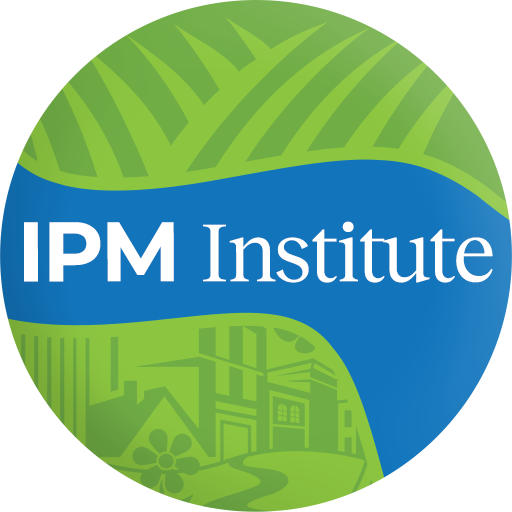Turf is the single largest irrigated “crop” in our country, with as many as 10 times more pesticides per acre used on urban lawns than are used in agriculture. However, a change is underway in Missoula.
The City of Missoula and its residents are increasingly embracing non-toxic land care by eliminating the use of synthetic pesticides and fertilizers in our yards and other outdoor spaces.
Grow Safe: Non-Toxic Missoula formed as a non-profit in July 2021. Through community outreach, partnerships, and education we are advocating for a reduction of toxic pesticides to protect public health and the environment.
Most recently this advocacy has taken form as A Guide to Organic Lawn Care, a step-by-step seasonal guide to growing a beautiful lawn by maintaining healthy soil. The free guide is available through the Grow Safe website, Missoula County Extension, and other community partners.
Grow Safe worked with Missoula Parks & Recreation, Missoula County Extension, All Nations Health Center, Climate Smart Missoula, Missoula Butterfly House and Insectarium, the National Wildlife Federation, and the Clark Fork Coalition to share the rationale, process, and local resources for anyone to approach lawn care in a way that is safe for people, animals, and the environment.
Our community can move away from fossil-fuel based products while supporting healthy soils that sequester carbon. All Nations Health Center points out that this approach “restores our relationship to the land and ensures that good stewarding practices are passed down to the next generations.”
Missoulians love the valley, rivers, and mountains we call home. Organic land care gives us the opportunity to express our love in a meaningful way—protecting native pollinators, insects, wildlife, and the biodiversity around us. By removing synthetic pesticides and fertilizers in our yards, the Clark Fork Coalition says we “protect the Clark Fork River and its vast network of tributaries from polluted runoff.”
We also keep ourselves, our families, and our pets safe from the health problems associated with traditional lawn chemicals. Babies and children are at greatest risk from lawn chemicals because they often play on the ground, putting hands and toys in their mouths at a time when their brains and nervous systems are still developing. Not only that, but children’s bodies do not detoxify chemicals as well as adults. Pesticides are associated with cancers, decreased cognitive functioning, birth defects, asthma, and many other serious health conditions.
Are you ready to champion organic land care in your own yard? The IPM Institute’s initiative, Midwest Grows Green (MGG), will guide you through steps to a beautiful lawn with a seasonal schedule to meet your goals: bit.ly/MGGcalendar
Those interested in supporting natural lawn care can also take the natural lawn care pledge at bit.ly/MGGpldg. By taking this Midwest Grows Green Pledge, you join an online, engaged network of citizens prepared to eliminate synthetic chemical use on your own lawn and/or garden and at all locations where children, pets and wildlife live and play.
If searching for a natural lawn care provider, check out MGG’s list of providers at bit.ly/NLCproviders.


